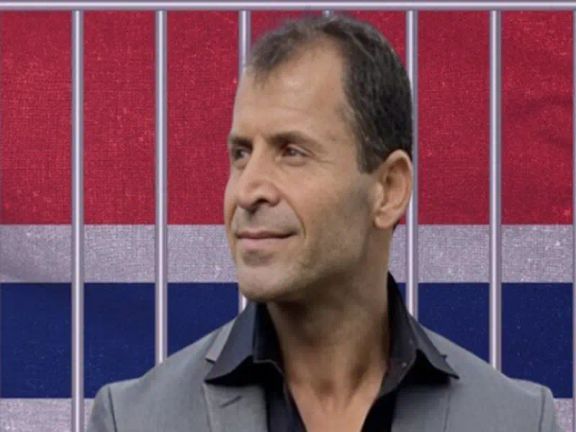Security forces arrest Iranian-Norwegian athlete in Sardasht

Iranian security forces have raided the home of Iranian-Norwegian athlete Hadi Zaheri, arresting him and transferring him to an unknown location.

Iranian security forces have raided the home of Iranian-Norwegian athlete Hadi Zaheri, arresting him and transferring him to an unknown location.
Hengaw Human Rights Organization, a Kurdish rights group, reported that Zaheri had been summoned to the Sardasht Intelligence Office and interrogated for several hours while visiting his family.
The reason for his arrest on July 2 remains unknown. His passport, along with those belonging to his wife and two children, have also been confiscated.
The professional bodybuilder is one of a long line of dual nationals, the numbers of which remain a closely guarded secret, to be arrested by Iranian forces. They are often held on charges of espionage as Iran continues its policy of diplomatic hostage taking.
Last month, Sweden released former Iranian jailor Hamid Nouri, who faced life imprisonment for his involvement in Iran's 1988 mass executions. In return, Iran released Swedish EU diplomat Johan Floderus and Swedish-Iranian citizen Saeid Azizi.
And last year, the United States released around $6 billion in Iran's frozen funds to secure the release of five dual nationals held in Iran. This arrangement faced strong public criticism for its rewarding the policy of hostage-taking.
After last month's exchange, exiled Prince Reza Pahlavi criticized the Swedish Prime Minister's decision to release Nouri, calling it "an affront to the rule of law, human rights, and basic decency."
He branded the move as "feckless appeasement", arguing that it would only encourage more hostage-taking and blackmail.
Following Zaheri's arrest, rights group Hengaw issued a warning to all Iranian dual nationals that "traveling to Iran can have serious consequences".
It said: "Since the beginning of the "Woman, Life, Freedom" revolution, arrests and heavy sentences for dual citizens have significantly increased. The Iranian government does not recognize dual citizenship and may consider these individuals solely as Iranian citizens."